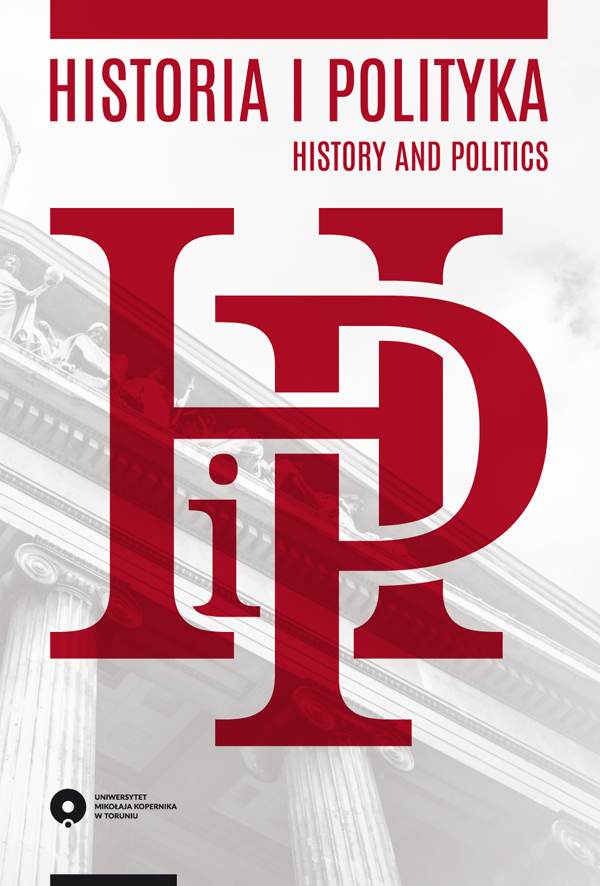Historiografia wobec Action Francaise
Action Française in Historiography
Author(s): Marek KornatSubject(s): Civil Society, Recent History (1900 till today), Politics and religion, Politics and society
Published by: Wydawnictwo Naukowe Uniwersytetu Mikołaja Kopernika
Keywords: historiografia; II RP;
Summary/Abstract: French radical right movement, Action Franęaise belongs to those political phenomenon in history which are differently interpreted by historiography. Principally we have eight interpretations. First of them is Action Franęaise own image and identity as royalist and anti-liberal "party of order”. One of the most important historical interpretation of this movement is French historian Rene Remond’s one. In his Les Droites aujourdhui Remond argued that Action Franęaise was model example of anti-liberal Right in France and in Europe of the first half of the XX century. The most popular interpretation of Action Franęaise are two: (1) Action Franęaise as an incarnation of conservative revolution (Carl Schmitt) and (2) as the ideology of "integral nationalism” (Hans Konh, Carlton Hayes). Very original concept was developed by well known German historian Ernst Nolte, who considered Action Franęaise as pro to fascist movement. British thinker Isaiah Berlin and Israeli historian Zeev Sternhell interpreted Action Franęaise as revolution of "anti-Enlightment” (les anti-Lumieres). Polish philosopher Stanisław Brzozowski argued that Action Franęaise was a consequence of conflict between romanticism and positivism and was sure that Action Franęaise inherited much from positivist philosophy. Non less controversial problem is for the historians the excommunication of Action Franęaise by Pope Pius XI in 1926. To our days there are many opposite attempts to reconstruct of this event and its origins. For many historians Pius XI tried to defend the doctrine of the Church which seemed to him intoxicated by the "nationalist and racialist heresy”. For some other writers the Vatican policy was under German influence and this caused papai action. In 1939 another Pope Pius XII decided to abolish the condemnation from 1926.
Journal: Historia i Polityka
- Issue Year: 8/2009
- Issue No: 1
- Page Range: 82-98
- Page Count: 17
- Language: Polish

